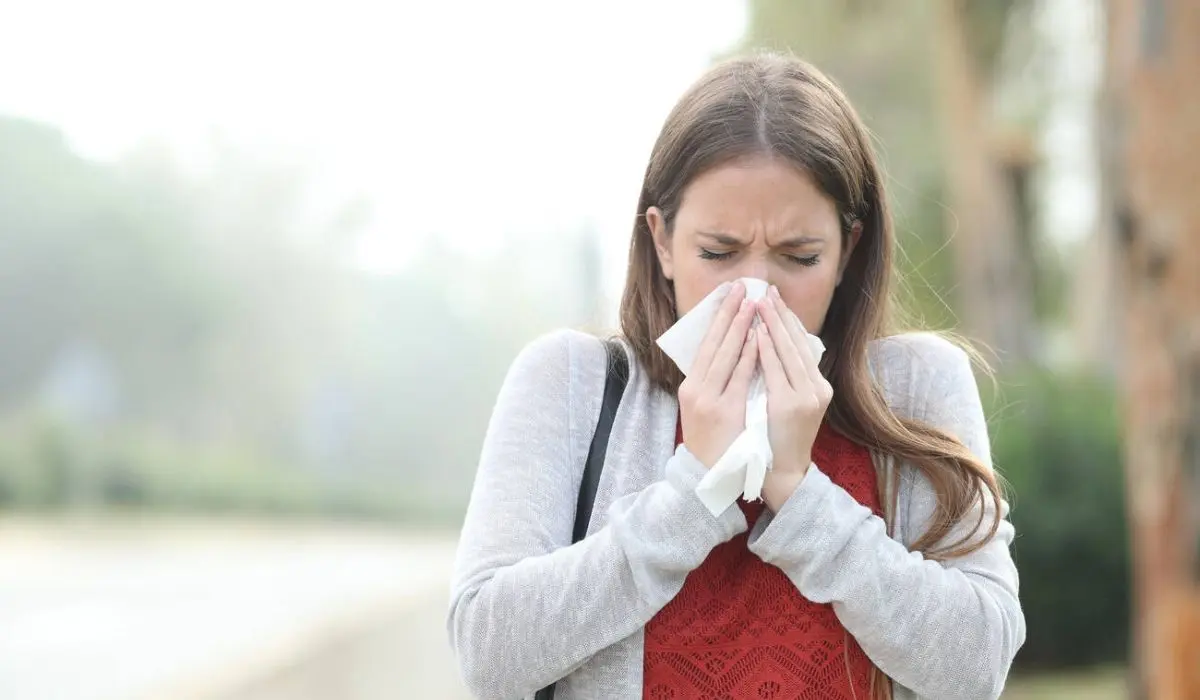Health
Health Impact Of High Humidity – When Does Humidity Become Dangerous To Your Health?

Humidity can affect your health. When too high, it can be dangerous. Sweating, trouble breathing and heat stroke are possible. Plus, mold and dust mites can grow, leading to allergies and asthma.
To stay safe, aim for 30-50% humidity indoors. Use dehumidifiers or air conditioning. Proper ventilation is also helpful.
When outdoors, stay hydrated and take breaks. Wear lightweight and breathable clothing. That’ll help regulate body temperature.
Understanding Humidity And Its Effects On Health
Humidity can be bad for our health. Too much can cause problems. Mold and bacteria can grow, leading to allergies, asthma attacks, and more.

Humidity makes it hard to cool down and can even weaken our immune system.
Areas like tropical regions or during rainy seasons can be worse. People with conditions like asthma or allergies can have worse symptoms. Skin problems, like rashes or fungal infections, can also happen.
To stay safe, proper ventilation is key. Clean and dry damp areas. Use air conditioning or fans. The CDC states that humidity levels over 60% can lead to respiratory infections and make existing conditions worse. So, pay attention and take precautions.
Signs Of Dangerous Humidity Levels
Be aware of the signs of hazardous humidity! It can have a negative effect on our health, and cause physical discomfort, mold growth, increased allergy symptoms, and worsen respiratory conditions. Also, it can damage wooden furniture, electronic devices, books, and artwork.
To avoid such issues, use dehumidifiers or air conditioners to maintain optimum moisture levels. Make sure there is proper ventilation in the space too by opening windows when possible.
Moreover, any changes in your well-being may be linked to higher humidities. So, never ignore these signs. Take prompt action to protect your health and belongings. Your well-being is worth it!
Health Risks Associated With High Humidity
High humidity can bring health risks such as respiratory issues, allergies, and heat illnesses. Sweat not evaporating makes us overheat. It can cause fatigue, dizziness, and even heatstroke.
Too much moisture in the air aids mold and dust mites in thriving. This triggers allergy and asthma symptoms. We must be aware of these risks and do what we can to maintain a cozy indoor humidity level.
Humidity that’s too high can affect us in numerous ways. Sweat evaporation is hindered, making it hard to cool down our bodies. This can lead to lethargy and discomfort. High levels for too long can cause heat exhaustion or heatstroke, especially in the elderly and those with existing health conditions.
In addition to physical discomfort, there are indoor air quality issues. Humidity higher than 50% is the ideal breeding ground for mold and dust mites. These allergens can bring on coughing, wheezing, and allergic reactions in people who are sensitive. Those with asthma and other breathing issues are at greater risk.
Tips for Managing Humidity and Protecting Your Health
Ventilate your living space! Open windows or use fans to circulate air. Dehumidify areas prone to moisture. Clean and maintain air conditioning units regularly. Use exhaust fans or open windows for proper ventilation in bathrooms and kitchens.
Oh, and don’t forget! High humidity can worsen respiratory conditions such as asthma and allergies. It can also create an ideal environment for dust mites, mold, and allergens.
Conclusion
It’s key to be aware of humidity levels around you, as too much moisture can harm your health. To dodge any risks, think about the following:
- Make sure your living spaces have good ventilation. Air flow helps reduce moisture and stop mold and mildew growth, which can cause breathing problems. Open windows or use fans for better air circulation.
- Buy a dehumidifier. These machines regulate humidity levels by taking out extra moisture from the air. By managing humidity indoors, you can lower the risk of respiratory issues and other health problems.
Also, good personal hygiene habits can reduce humidity’s effect on your health. Have regular showers and dry off fully afterward to dodge skin infections or irritation from humid conditions.
Plus, stay hydrated during humid weather. Drink enough water throughout the day to replace lost fluids from sweating and keep your body temperature in check.
By following these tips, you can ensure your health and keep a healthy living environment despite high humidity. Stay proactive in controlling indoor moisture levels for the best results.
